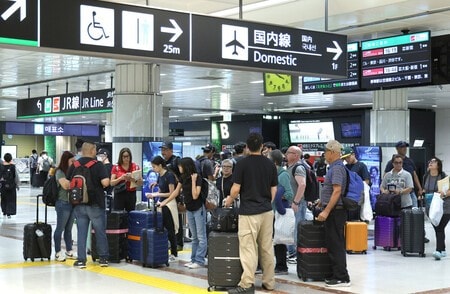Prominent figures in the Japanese political sphere have unified their standpoint of imposing 'foreign restrictions' in the rapidly approaching leadership election. While the explicit details of these proposed regulations remain unclear, it is inferred that it pertains to immigration and foreign residency issues in the country. This controversial stance sparks varied reactions domestically, raising questions about Japan's stance on globalization and inclusivity.
In Japan, demographic changes have rendered immigration a significant topic, attributed to an aging population, shrinking workforce, and declining birth rates. It has been highly contentious as Japan traditionally values social harmony and demographic homogeneity. The matter of 'foreign restrictions' by potential leaders hence sparks strong debates, balancing between economic necessity and preservation of cultural identity.
In contrast, US and EU countries generally have more open immigration policies. Discussions around immigration restrictions often tie into larger debates about nationalism, economy, and human rights and are intertwined with multiple social issues. It highlights the stark difference in the immigration regulatory framework between Japan and its Western counterparts.

